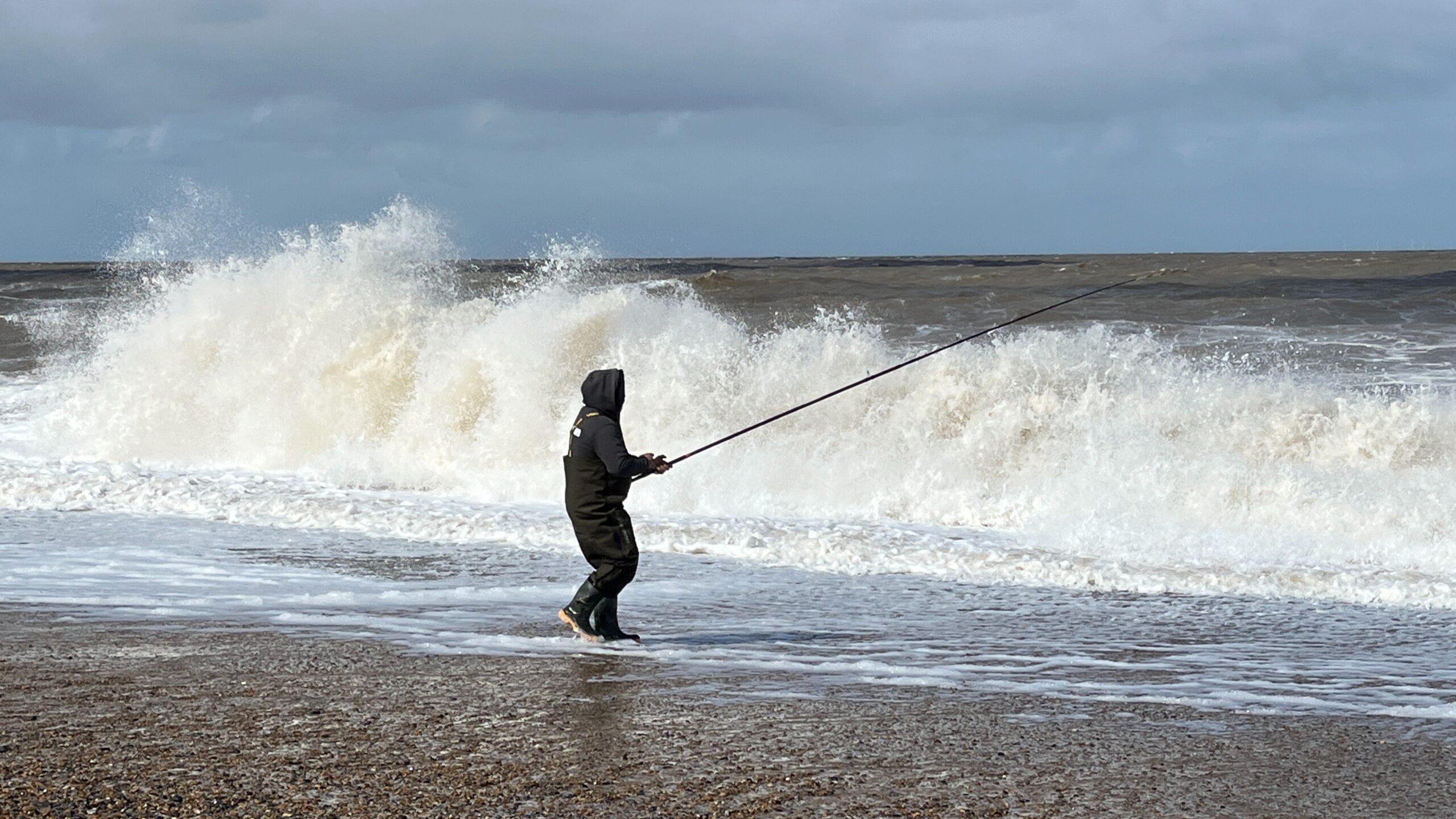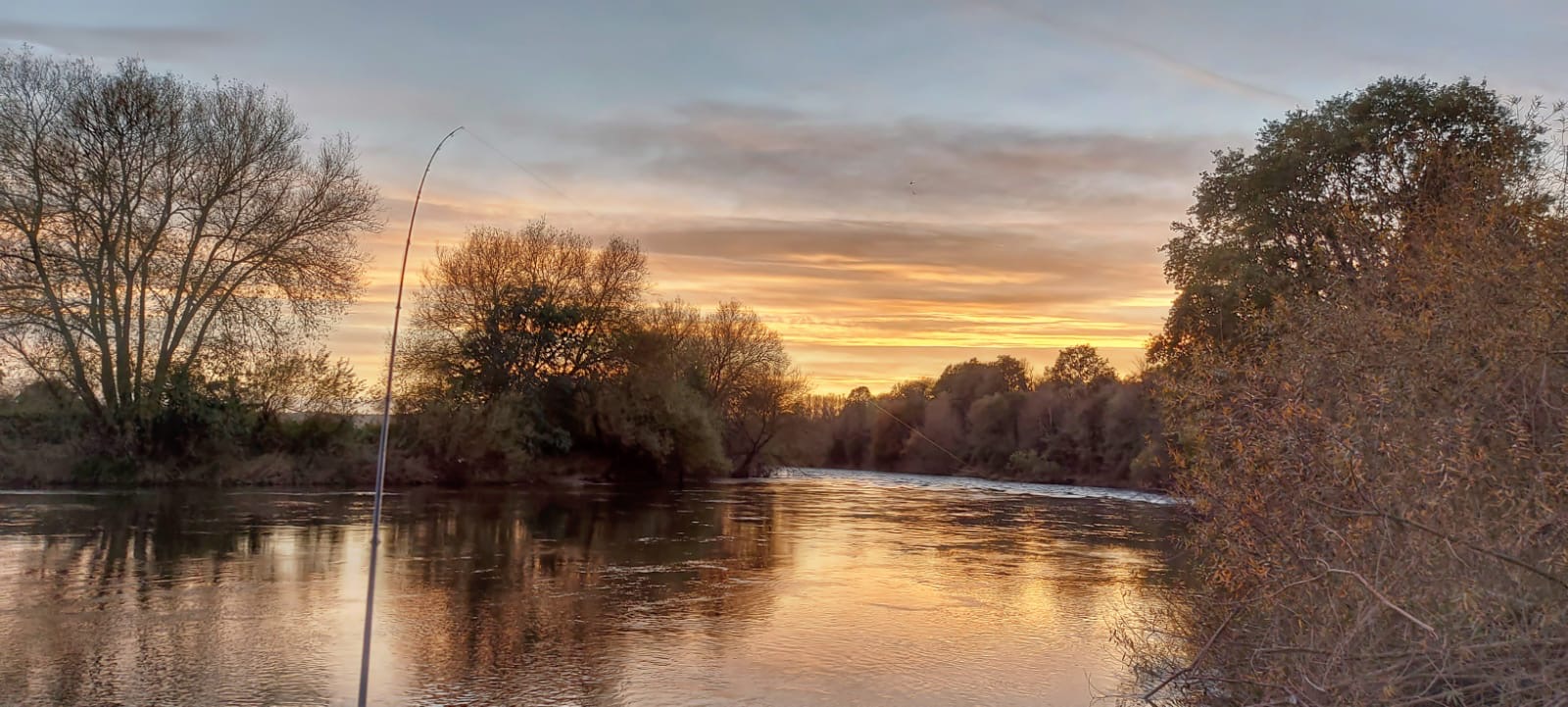
Enforcement
Reports of fisheries crimes rose in 2020 while convictions plummeted, wildlife survey shows
A new report published by nature experts has revealed a worrying increase in reporting of wildlife crimes against fish, badgers, birds of prey and marine mammals during the pandemic.
The survey by Wildlife and Countryside Link also discovered a sharp decline in convictions for wildlife offences including fisheries crime, hunting and illegal wildlife trade in 2020.
Reports of potential fisheries crimes rose by more 35% in 2020, compared to 2019, with crimes against badgers up by more than a third (36%) and marine mammal incident reports in Cornwall alone rising 90%, according to data gathered by the NGOs. The number of confirmed raptor crimes in England & Wales in 2020 was almost double that in 2019, rising from 54 to 104 – the worst year for bird-crime ever as detailed by the RSPB in October.
At the same time fisheries crime convictions fell by almost two-thirds from 2,037 in 2019 to 679 in 2020, and illegal wildlife trade convictions halved to just 4 convictions. Hunting prosecutions also more than halved, from 49 in 2019 to 22 in 2020, with only 8 convictions. Hunting conviction rates have steadily decreased for the last five years, falling from 54% of prosecutions being successful in 2016 to less than a third (32%) of prosecutions achieving conviction in 2020.
Martin Sims, Chair of Wildlife and Countryside Link’s Wildlife Crime group, said: ‘‘Wildlife crime is something that should concern everyone – it inflicts pain, harm and loss for much-loved wildlife and fuels wider criminality against people and property. Despite this the police still don’t gather centralised data on these serious crimes, leaving an incomplete picture from charities, which could be just a drop in the ocean of wildlife crimes. It is high time the Government steps in to treat wildlife crime with the seriousness it deserves.
“Making key crimes notifiable would enable police forces to better target resources and track repeat offenders. While better police and prosecutor training and resources would help raise the pitiful 32% conviction rate for hunting prosecutions alone. The system must change to crack down on offences against nature once and for all.”
David Bunt, Chairman of the Institute of Fisheries Management, said: “It is hugely worrying that fisheries crimes have been on the rise in the pandemic, but convictions are down by two-thirds. Our biggest concern is whether inland enforcement agencies, the Environment Agency and Natural Resources Wales have the resources and staff to detect and deter the real extent of fisheries crime on our rivers and lakes. For example, with Brexit cutting off the European market for elvers, people could be tempted by high prices to fish for the illegal trade to Asia. We need our watchdogs, police and government to maintain patrols, share intelligence, and ensure that effective action, sentencing and convictions deter wildlife crime.”
The lockdowns and restrictions of 2020 appear to have contributed to rises in reporting of wildlife crimes and falls in convictions in several ways. Opportunistic offenders may have felt that with the police busy enforcing social restrictions that wildlife could be harmed with relative impunity.
With increased use of the countryside in the pandemic more members of the public were also present to witness and report incidents of concern. Covid-19 pressures around social restrictions and staff absences appear also to have unfortunately reduced the capacity of police forces and the Crown Prosecution Service, and their ability to both bring hunting and fishing cases to trial and achieve convictions.
While today’s report reveals worrying figures, with impacts for treasured species like badgers, buzzards, kestrels, seals, dolphins and bluebells, it gives an incomplete picture. These organisations all collect data in different ways, with many only holding figures on reporting and convictions for incidents where members of the public have directly contacted them.
There is a huge lack of information on wildlife crimes due to police not being required to officially record wildlife offences. Most wildlife crimes are recorded as ‘miscellaneous’ offences and are therefore invisible in police records, with no duty to be reported upon. The scale of wildlife crime is therefore likely to be far greater than the data collected by NGOs suggests.
You might also like

SUPER SAUL WINS PENN SEA LEAGUE FINAL

CARP TEAM ENGLAND LADIES | WORLD CHAMPS SQUAD REVEALED

Angling Trust supports proposals to ban trawling and dredging…

SPECIES HUNT 2023-24 SEASON – FINAL LEAGUES REVEALED

The River Wye Action Plan: A small step when…

Kennet Catchment River Keepers Lead Anglers Against Pollution Protest

Angling Trust criticises the government’s new Water Restoration Fund…

Nuneaton charity ReelRod Squad tackling knife crime by helping…

ENGLAND SQUADS SELECTED FOR YOUTH WORLD CHAMPS 2024

Thames Tidefest Angling Championship to return for the 11th…

£150,000 available to help tackle fish predation as Angling…









